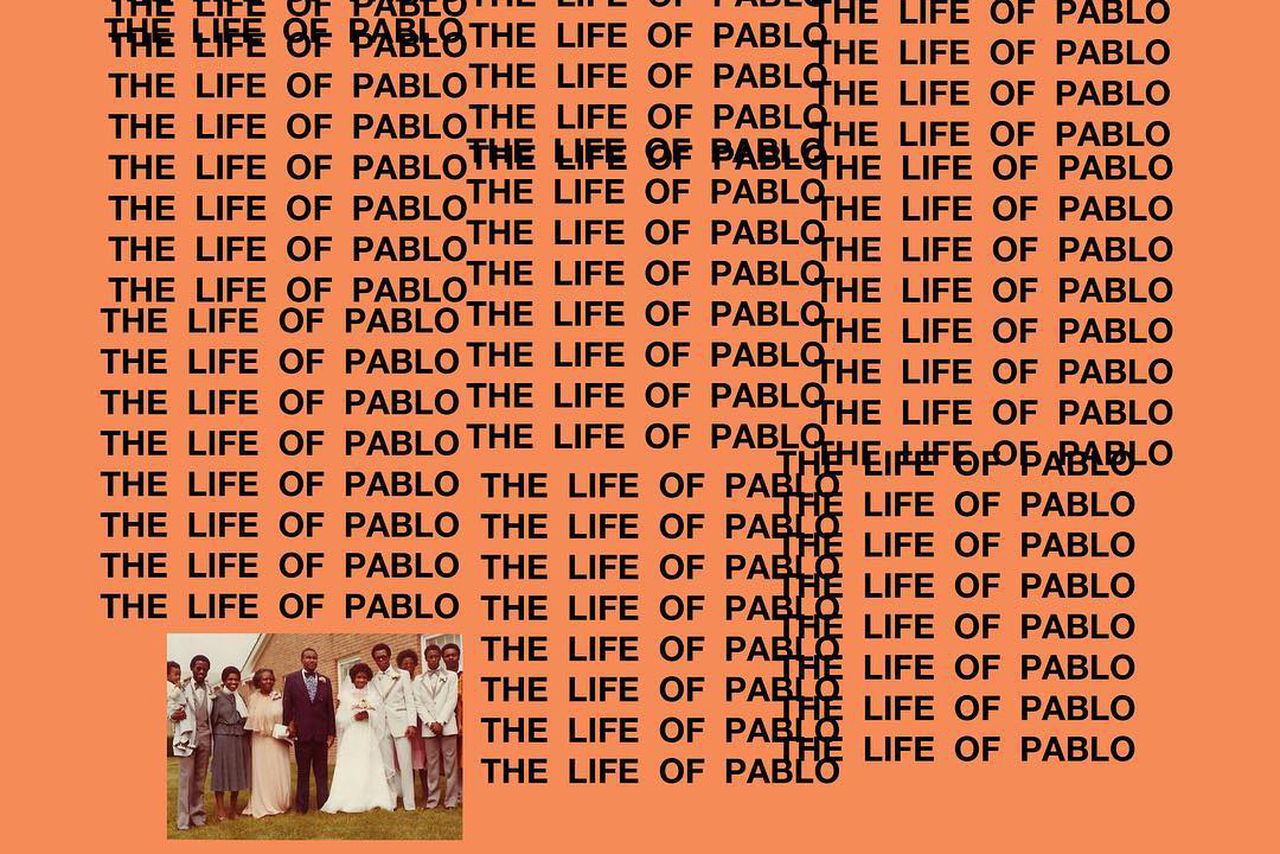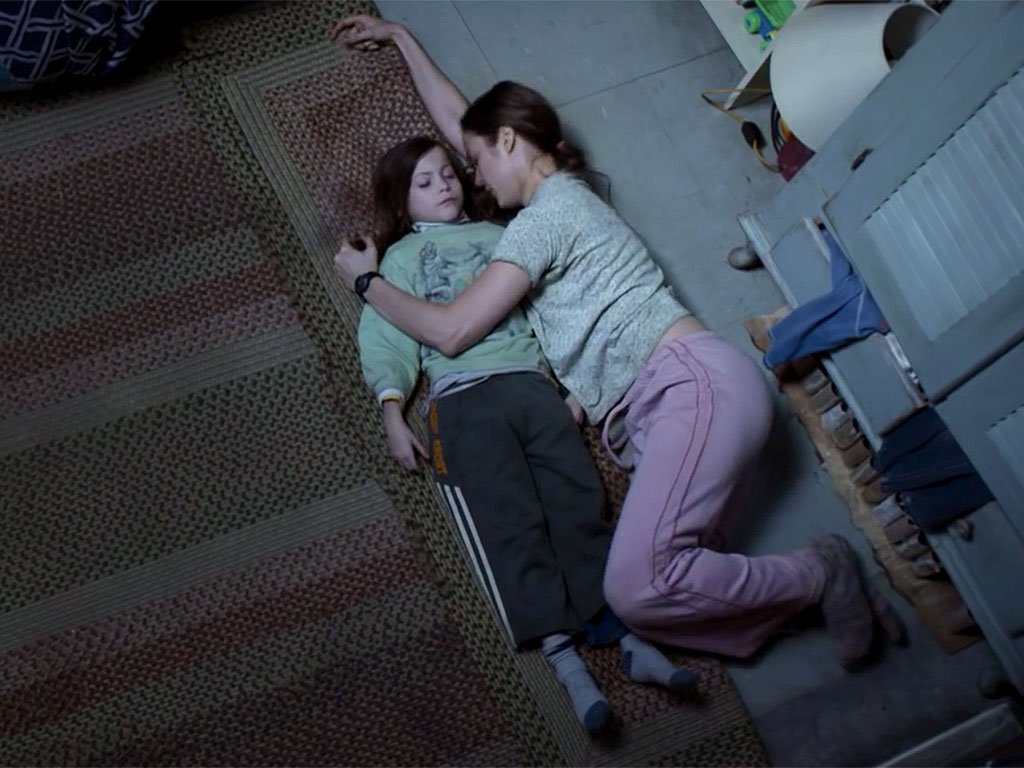Deadpool
The X-Men universe has always struck me as being the most sterile of
the Superhero universes; a genre itself synonymous with invariable tedium. Even
Days of Future Past – which was seemingly
designed to shake up its foundations’ rigid monotony by uniting the original
and current cast in some time vortex thingy – forgot its charming conceit in
favour of dreary bombast by the final act. Ryan Reynolds’s Deadpool, first
introduced in the dreadful X-Men Origins:
Wolverine, explodes through the banality in style. Ultra-violent, entirely
self-aware, and featuring some of the most wildly inventive swearing you’ll
hear outside of Joe Pesci’s slam poetry, Deadpool
is certainly a refreshing subversion of its lycra-obsessed compadres; at
least on the face it. While it’s undoubtedly funny, its wit isn’t quite clever
or diverse enough to withstand its gag-a-second bombardment, and the knowing
winks to the audience not infrequently transform into jarring elbows to the gut.
Together these contrivances leave the impression of the try-hard, reaching for
the R-rated glee of a Kickass but
falling short at something lively but only fine. That its central narrative is withheld
by the same tired origin story of its peers, corroborated by the appalling
one-dimensionality of the villain, implies that the studio’s vision of Deadpool isn’t as liberal as Reynolds’s.
Fun but forgettable.
The Witch
Horror’s going through something
of a purple patch recently; The Babadook and
It Follows are not only impeccably
crafted, authentically chilling terrors, but brilliantly marry oldschool
premises with contemporary anxieties. While The
Babadook utilises the haunted house format to shrewdly underscore the psychological
claustrophobia of dealing with a problem child while wallowing in grief, It Follows adopts the conservative teen
slasher, you’ll-die-if-you-have-sex setup, and elevates it into a brilliant,
frightening parable about STD paranoia. The
Witch is arguably the most apt example of this consolidation; it opens with
the subheading ‘A New England Folktale,’ immediately invoking the idea of a
very specific fantasy of time and place. This is not a mystery story about the
is-she/isn’t-she culpability of Thomasin – the daughter – as the titular witch
terrorising her puritanical family; the witch in question is introduced early
on. Rather, it’s an exploration of suspicion, faith and madness more lucid than
its antiquated dialogue – ripped directly from pilgrim documents of the time – and
precise specificity necessarily suggests. Cutaway shots of Caleb glancing at
his adolescent sister’s breasts, the look of agony on the father’s face as he
confesses his lies to his wife: this is a family sinking in the fear and guilt
of sin. The witch as a character is a plot device to drive their dysfunction to
boiling point. Fronting callous imagery, an acerbic original score, and an
omnipresent throbbing of dread, The Witch
is both metaphor and literal, a folktale that crawls malevolently under your skin to remind you that we're still teetering precipitously at our own neurotic frontier.
Everybody Wants Some!!
What Richard Linklater does
better than almost anyone else working in film today, is portraying the
intricate dynamics of human relationships. Whether these are romantic – as in
the superlative-defying Before trilogy
– or platonic, he acutely captures the earnestly moded connections, the tiniest
heartfelt details and complexities which transcend characters in stories into
reality. Everybody Wants Some!! – a spiritual
brother to his 1993 breakthrough Dazed
and Confused – is a fantastic example of the latter. Examining Jake, our proverbial
entry point, as he experiences his first few days of college life before
classes start, Linklater nails the humour and implicit intimacy of male
friendships. That women are reduced, with the exception of Jake’s romantic
interest, to sexual opportunities, isn’t misogynistic but a reflection of the puerilely
horny mentality of Linklater’s baseball team. The focus is unilaterally on the
delights of male bonding, and it succeeds because of it. Linklater initially
raises these lads as tiresome uni-film stereotypes; the charismatic
intellectual, the stoner, the psycho – before peeling back the layers as they interact
with one another. It’s a fair point about our own first meetings, where we
attribute stereotypes because it’s easier to comprehend. These guys are
sympathetic, complex individuals, with their own respective vocabularies and
philosophies. Like Boyhood and Dazed and Confused, any meaning we
derive from this is incidental to our personal participations; there’s no overt
theme, only that which we infer ourselves. Above all else it’s incredibly funny,
but in a way rooted in the believable joshing and mocking of its characters
rather than artificial jokery. Like a great uni night-out, Everybody Wants Some!! is evanescent and inconsequential, but
immensely enjoyable and discreetly life-affirming.










